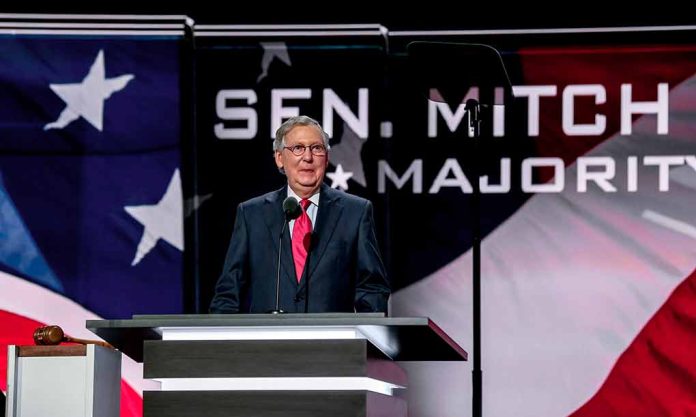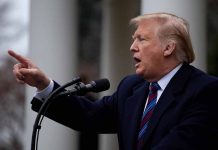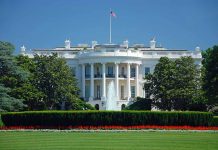
Senator Mitch McConnell secures influential roles in defense and Senate governance, maintaining his power despite stepping down from leadership.
At a Glance
- McConnell to chair Appropriations subcommittee controlling defense budget
- Will also lead Senate Rules Committee, overseeing elections and Senate procedures
- Roles ensure continued influence on U.S. foreign policy and legislative processes
- McConnell’s hawkish stance may clash with incoming administration’s policies
- Positions signal ongoing Republican influence in critical national matters
McConnell’s Strategic Shift in Senate Roles
Senator Mitch McConnell (R-KY) is set to assume chairmanship of the Appropriations subcommittee overseeing the defense budget in the coming year, a move that underscores his continued influence in U.S. foreign policy despite stepping down from Senate leadership. This strategic repositioning comes as Republicans gain majority control of the Senate, with McConnell ending his tenure as the longest-serving Senate leader in history.
McConnell’s new role at the helm of the defense budget panel is particularly significant given the current global landscape. The Kentucky Senator has consistently advocated for a robust U.S. military presence to counter threats from nations such as Russia, Iran, and China. His chairmanship signals a continued Republican influence in defense spending, potentially setting the stage for policy debates with the incoming administration.
Dual Leadership Roles Amplify McConnell’s Influence
In addition to his role on the defense budget panel, McConnell will also chair the Senate Rules Committee. This dual leadership position provides him with substantial influence over both national defense and legislative procedures. The Rules Committee deals with federal elections, voting rights, and Senate operational governance, areas that McConnell has long prioritized.
“Defending the Senate as an institution and protecting the right to political speech in our elections remain among my longest-standing priorities.” stated Sen. Mitch McConnell
These appointments reflect a nuanced continuation of leadership for McConnell, despite his move from the position of Senate Majority Leader. His influence in these critical areas ensures that he will remain a key player in shaping U.S. policy, both domestically and internationally.
Potential Challenges and Policy Conflicts
McConnell’s hawkish foreign policy stance, particularly his support for aid to Ukraine against Russian aggression, may create friction with isolationist tendencies within his party and potentially with the incoming administration. His emphasis on a strong U.S. military presence globally, often referencing Ronald Reagan’s “peace through strength” philosophy, could conflict with alternative foreign policy approaches.
Moreover, McConnell’s role could create tension in the new Congress, especially with a 53-seat Republican Senate majority. There is speculation about his potential to block controversial Cabinet nominees and how his level of outspokenness might impact the dynamics of Senate leadership under incoming Majority Leader John Thune (R-SD).
Looking Ahead: McConnell’s Future and Senate Dynamics
As McConnell, now 82, takes on these crucial roles, questions arise about his long-term plans and whether he will seek reelection in 2026. His continued presence in key committees ensures that his influence will be felt in critical policy areas, from defense spending to election procedures. As a seasoned appropriator for Kentucky, McConnell is expected to maintain his focus on serving his state’s interests while shaping national policy.
The coming months will reveal how McConnell navigates his new positions, balances party dynamics, and addresses the complex challenges facing the nation. His strategic placement in these influential roles ensures that, even outside of formal leadership, Senator McConnell will continue to be a significant force in shaping the direction of U.S. policy and Senate governance.
Sources:
McConnell announce post leadership role
McConnell to head subcommittee overseeing defense spending as he prepares to step down as GOP leader
McConnell to head subcommittee overseeing defense spending as he prepares to step down as GOP leader
McConnell announces post-leadership role chairing defense budget panel














